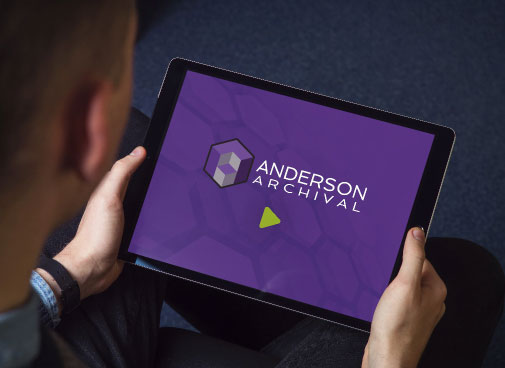Crashing Through the Surface

At Anderson Archival, the term surface has a slightly different meaning than it does in most industries. The word surface is typically defined as “the outer layer of something.” While that remains true, in the archival community, it also refers specifically to the number of surfaces requiring a scan or capture to fully digitize a […]
Discover the Magic of Large-Format Document Digitization and Enhance Your Collection
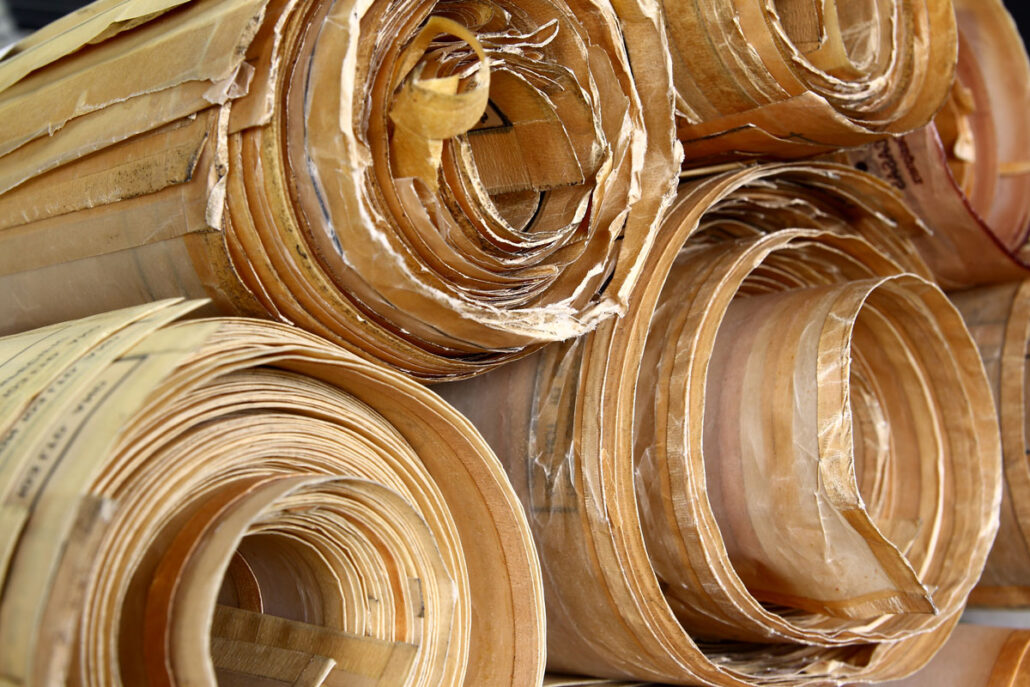
Ever wondered how to digitize those larger-than-life documents in your collection? Whether it’s oversized newspapers, record books, or even maps and blueprints, we’ve got you covered! At Anderson Archival, we’re here to guide you through the process and ensure that your valuable items are preserved with the utmost care, all while giving your collection a […]
What Should I Digitize? 3 Ways to Decide

If you’ve uncovered a box of records or your organization just inherited a building full of community archives, how do you determine what should be digitized first? What can be deprioritized and why? Prioritizing the materials in your collection is no small challenge, especially for non-profits and institutions that value their history and mission. Trying […]
Having Trouble Digitizing Your Collection? Meet Your Solution!
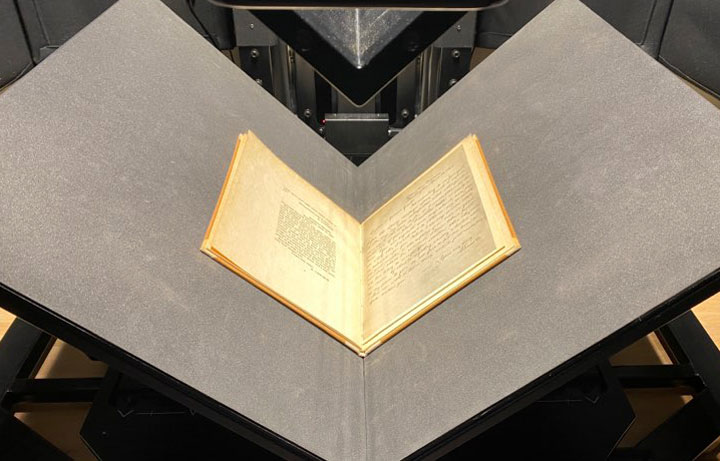
What does your historical collection look like? Perhaps you have a box of bound manuscripts you’d like preserved for future generations, or maybe you have a library full of historic publications and loose papers that need organizing before you can even think about what the next steps are. The histories humans choose to save and […]
Search Results: 0 – The Unseen Cost of Inaccurate Data and Sub-Par Solutions

Anderson Archival is pleased to have presented at Digital Preservation 2018 (#digipres18) in Las Vegas in October! The conference, with a theme on the future of digital preservation was hosted by the National Digital Stewardship Alliance (NDSA) and the Digital Library Foundation (DLF). At the conference we highlighted what archivists should consider when creating or updating a digital collection, when not […]
Worry-Free Audits with Anderson Archival
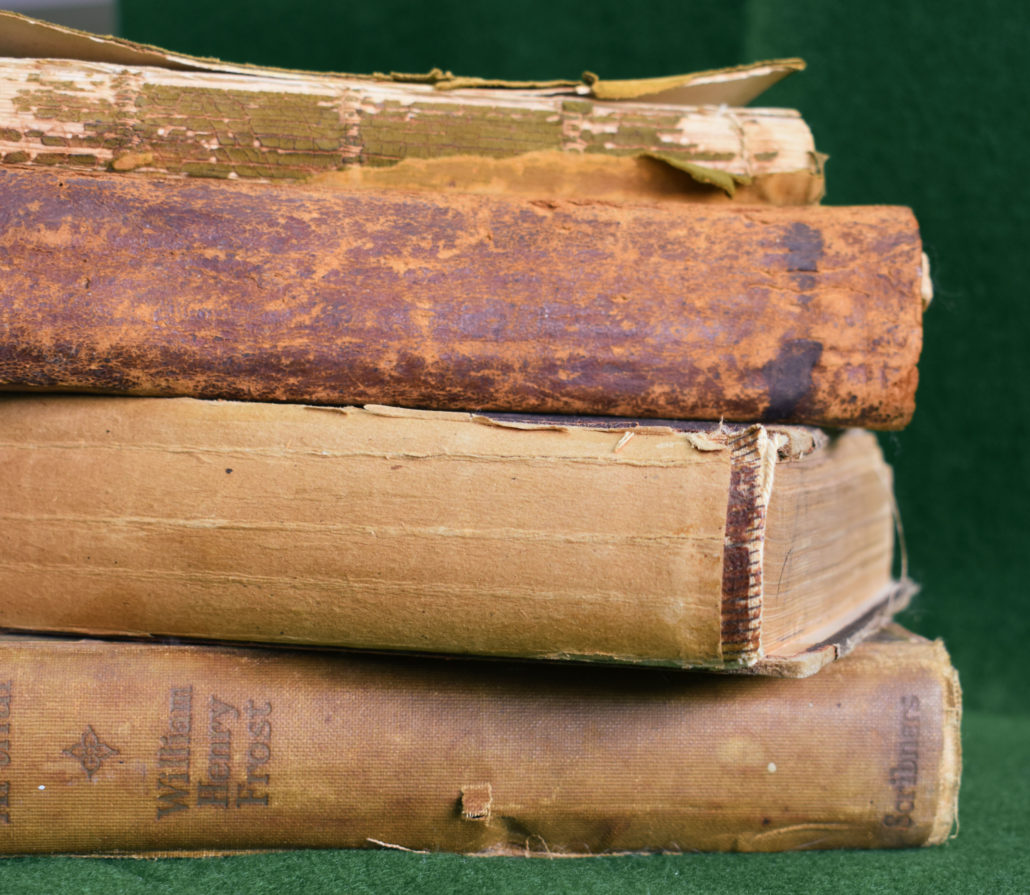
Many businesses find themselves subject to regular audits by government agencies or conduct detailed internal audits on a regular basis. Whatever the nature of the audits, monthly, quarterly, or yearly cycles of digitization can significantly expedite this process and preserve content for digital storage, saving them for the future. Handwritten notes are often necessary in […]
Creating a Digital Library
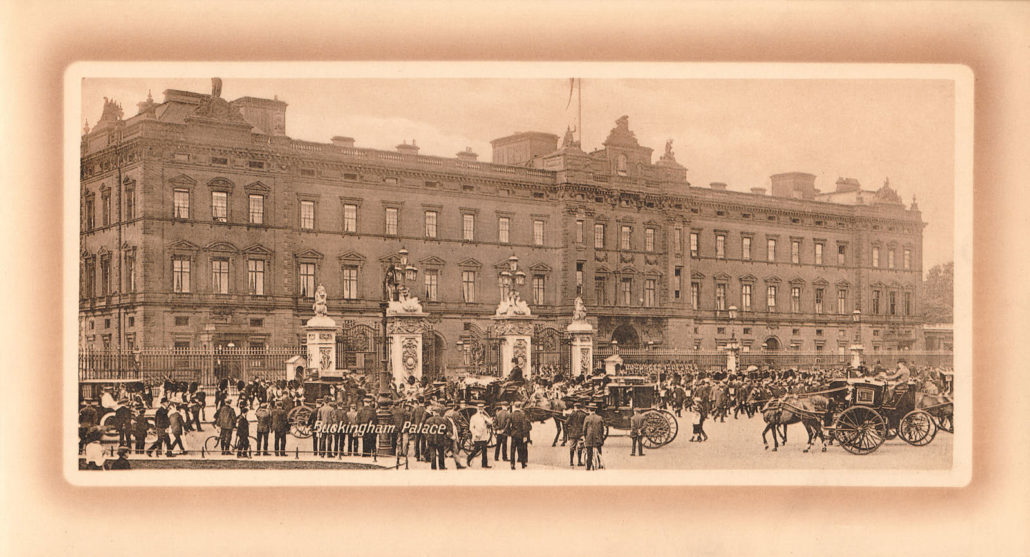
Do your organization’s historical books or records need digitizing? Could you benefit from a searchable database of digitized documents? Scanning then, digitally cleaning and watermarking those scans begins the digital preservation process. Once complete, optical character recognition (OCR) and detailed quality assurance can be performed. These steps create electronic libraries that will protect your documents […]
Anderson Archival: The Best Quality Digitizing Services

Welcome to Anderson Archival! Here historical documents are turned into readable text using quality digitizing services, which preserves precious works for future generations to enjoy. Passion, dedication, and a certain perfectionist attitude fill each member of our trained staff, and they transfer those same qualities to all the digitizing services we offer. Anderson Archival has […]



